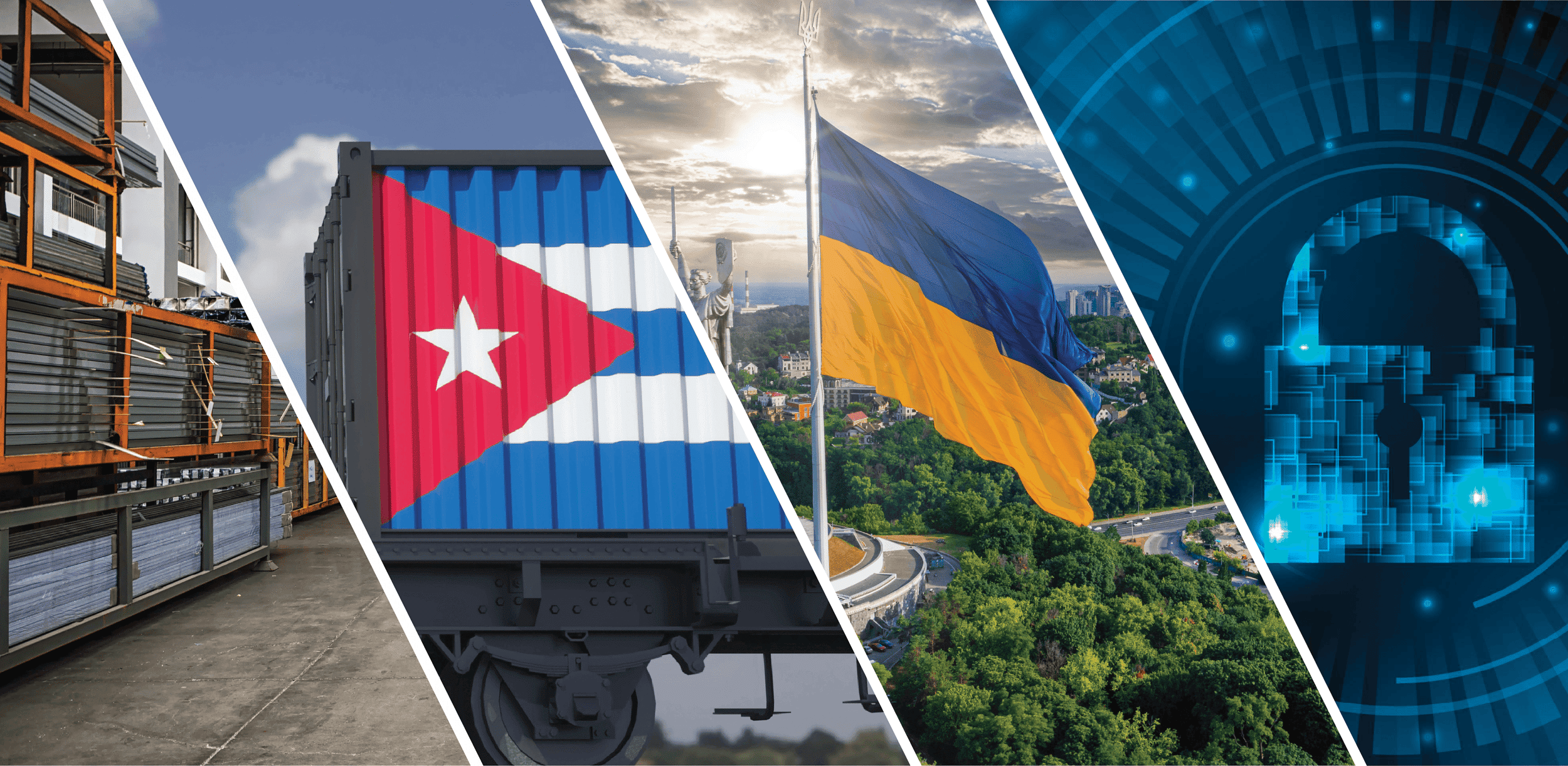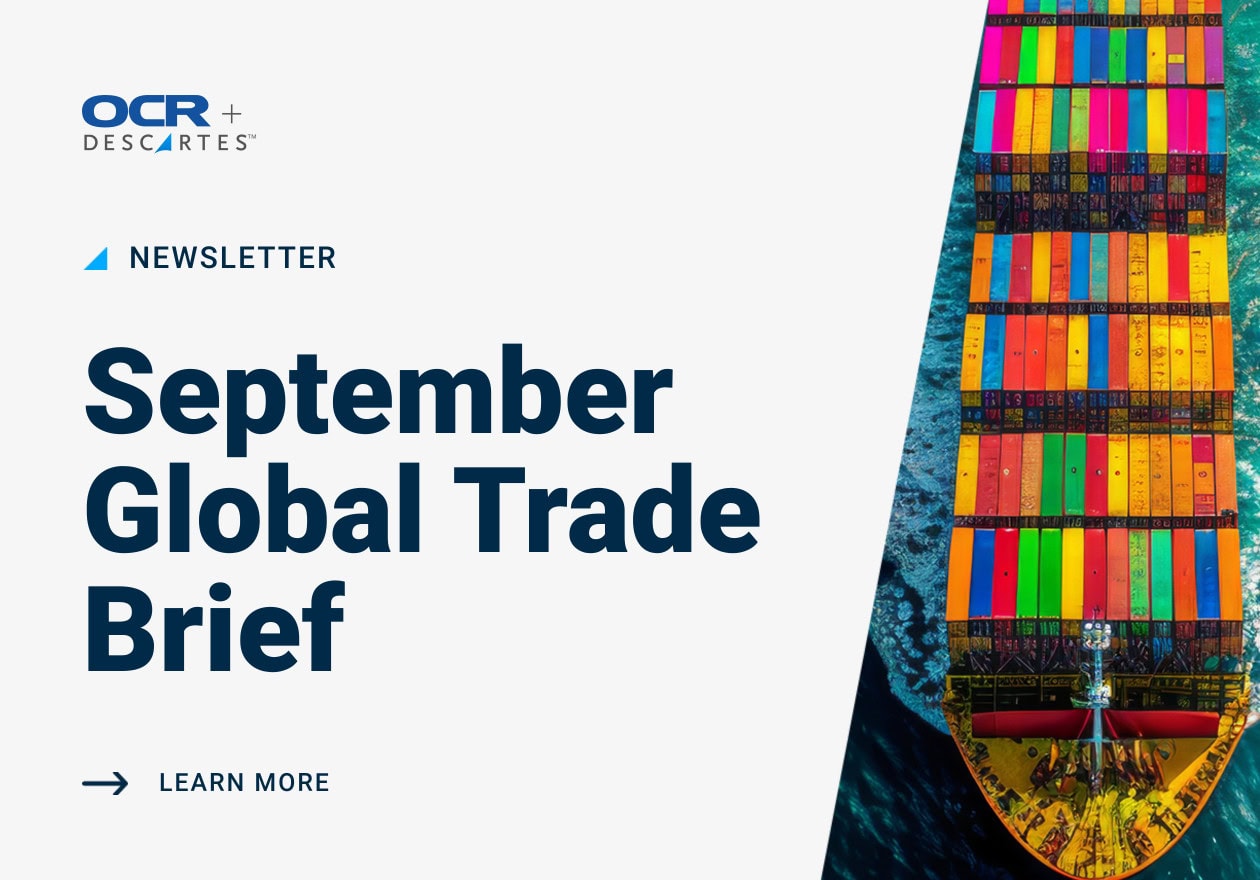The United States and G7 to Take Further Action to Support Ukraine
The United States has rallied over 30 allies and partners around the world to impose drastic costs on Russia and the U.S. led coalition will continue to increase pressure on Putin. Measures will continue to sap Putin’s military-industrial complex of critical components, prevent the central bank’s foreign reserves from propping up an ailing economy and deprive Putin of the resources he needs to wage his war, and hold the kleptocracy to account for its ill-gotten gains. The effectiveness of measures will only compound over time to further isolate Russia from the world economy.
The United States, in coordination with the G7, will implement significant commitments, including sanctions on hundreds of individuals and entities that adds to the over 1,000 already sanctioned, take action on evasion by targeting companies in several countries that adds to the over 300 Entity Listings already in place; impose tariffs on hundreds of Russian products worth billions of dollars to Russia, among other things:
- Measures targeting the Russian military production and supply chains.
- Using tariffs on Russian goods to help Ukraine
- Restrictions on Russia’s participation in the global market and further crack downs on evasion attempts.
- Imposition of costs on those responsible for human rights abuses – including war crimes, profiteering, and illegitimate authorities
- A significant G7 Commitment for Budgetary Support and other support for Ukraine.
Forced Labor Enforcement Task Force Launches Enforcement Strategy for the Uyghur Forced Labor Prevention Act
The launch of the enforcement strategy precedes the June 21, 2022 date on which the U.S. Customs and Border Protection (CBP) will begin to enforce the UFLPA’s rebuttable presumption which prohibits, pursuant to Section 307 of the Tariff Act of 1930, the importation of any goods, wares, articles, and merchandise mined, produced, or manufactured wholly or in part in the Xinjiang Uyghur Autonomous Region of the People’s Republic of China, or produced by certain entities.
The FLETF, chaired by Department of Homeland Security, leads efforts to monitor the enforcement of the prohibition on importing goods made wholly or in part with forced labor into the United States. The FLETF is comprised of seven member agencies, including the Office of the United States Trade Representative and the Departments of Labor, State, Treasury, Justice, and Commerce.
UFLPA Operational Guidance for Importers
CBP has released importer guidance to assist the trade community in preparing for the implementation of the UFLPA rebuttable presumption that goes into effect on June 21, 2022. Please be aware that this is CBP’s importer guidance, which provides transparency to CBP’s operational approach, and not the Forced Labor Enforcement Task Force’s Strategy, which will provide additional importer guidance, required by the UFLPA.
Universal Steel Products, Inc. v. United States
The Trade Expansion Act of 1962 authorizes the President to adjust imports—if he concurs with a determination by the U.S. Secretary of Commerce (“Secretary”) “that an article is being imported into the United States in such quantities or under such circumstances as to threaten to impair the national security”—and to “determine the nature and duration” of the corrective action. 19 U.S.C. § 1862(c)(1)(A). Based on an investigation under § 1862, the Secretary here determined that excessive steel imports threatened to impair the national security. The President concurred and issued a series of proclamations beginning with Proclamation 9705 on March 8, 2018. With those proclamations, the President imposed a twenty-five percent tariff on steel imports from a number of countries. Appellants challenged the actions of both the President and the Secretary in the Court of International Trade (“Trade Court”), contending that the President’s and Secretary’s finding of a threat to national security and the President’s imposition of a tariff for an indefinite duration conflicted with the statute. The Trade Court granted the government’s motion for judgment on the pleadings. The Federal Circuit affirmed.
Source:https://cafc.uscourts.gov/opinions-orders/21-1726.OPINION.6-9-2022_1963052.pdf
U.S. amendments to Cuban assets control regulations
The Department of the Treasury’s Office of Foreign Assets Control (OFAC) is amending the Cuban Assets Control Regulations to implement elements of the policy announcedmby the Administration on May 16, 2022 to increase support for the Cuban people. This rulemauthorizes group people-to-people educational travel to Cuba and removes certain restrictions onmauthorized academic educational activities, authorizes travel to attend or organize professionalmmeetings or conferences in Cuba, removes the $1,000 quarterly limit on family remittances, andmauthorizes donative remittances to Cuba. These amendments also add or update several crossmreferences.
Source:https://public-inspection.federalregister.gov/2022-12445.pdf
President Biden Takes Bold Executive Action to Spur Domestic Clean Energy Manufacturing
President Biden is taking action to:
- Authorize use of the Defense Production Act (DPA) to accelerate domestic production of clean energy technologies, including solar panel parts;
- Put the full power of federal procurement to work spurring additional domestic solar manufacturing capacity by directing the development of master supply agreements, including “super preference” status; and
- Create a 24-month bridge as domestic manufacturing rapidly scales up to ensure the reliable supply of components that U.S. solar deployers need to construct clean energy projects and an electric grid for the 21st century, while reinforcing the integrity of our trade laws and processes.
President Biden is authorizing the use of the Defense Production Act (DPA) to accelerate domestic production of clean energy technologies – unlocking new powers to meet this moment. Specifically, the President is authorizing the Department of Energy to use the DPA to rapidly expand American manufacturing of five critical clean energy technologies:
- Solar panel parts like photovoltaic modules and module components;
- Building insulation;
- Heat pumps, which heat and cool buildings super efficiently;
- Equipment for making and using clean electricity-generated fuels, including electrolyzers, fuel cells, and related platinum group metals; and
- Critical power grid infrastructure like transformers.
President Biden is also putting the full power of federal procurement to work spurring additional domestic solar manufacturing capacity. The President directed the development of two innovative tools to accelerate Made-in-America clean energy:
- Master Supply Agreements for domestically manufactured solar systems to increase the speed and efficiency with which domestic clean electricity providers can sell their products to the U.S. Government; and
- So-called “Super Preferences” to apply domestic content standards for federal procurement of solar systems, including domestically manufactured solar photovoltaic components, consistent with the Buy American Act.
President Biden is using his powers to create a 24-month bridge for certain solar imports while reinforcing the integrity of our trade laws and processes. Specifically, the President is:
- Temporarily facilitating U.S. solar deployers’ ability to source solar modules and cells from Cambodia, Malaysia, Thailand, and Vietnam by providing that those components can be imported free of certain duties for 24 months in order to ensure the U.S. has access to a sufficient supply of solar modules to meet electricity generation needs while domestic manufacturing scales up; and
- Reinforcing his commitment to safeguarding the integrity and independence of all ongoing trade investigations by career officials at the Department of Commerce and recognizing the vital role these processes play in strengthening our economy.
U.S. proposed regulations to amend CCL, adding controls on certain marine toxins
The Bureau of Industry and Security (BIS), Department of Commerce, maintains controls on the export, reexport and transfer (in-country) of dual-use items and less sensitive military items through the Export Administration Regulations (EAR), including the Commerce Control List (CCL). This rule proposes new unilateral export controls on four naturally occurring, dual-use biological toxins (specifically, the marine toxins brevetoxin, gonyautoxin, nodularin and palytoxin), the synthesis and collection of which BIS has identified for evaluation according to the criteria in Section 1758 of the Export Control Reform Act of 2018 (ECRA) pertaining to emerging and foundational technologies. These toxins have the potential (through either accidental or deliberate release) to cause casualties in humans or animals, degrade equipment, or damage crops or the environment. As these toxins are now capable of being more easily isolated and purified due to novel synthesis methods and equipment, the absence of export controls on such toxins could be exploited for biological weapons purposes. To address this concern, BIS proposes to amend the CCL by adding these toxins to Export Control Classification Number (ECCN) 1C351. This rule also proposes several conforming changes to the EAR to reflect the proposed addition of these marine toxins to ECCN 1C351. In addition, this document requests public comments to ensure that the scope of these proposed controls will be effective and appropriate (with respect to their potential impact on legitimate commercial or scientific This document is scheduled to be published in the Federal Register on 05/23/2022 and available online at federalregister.gov/d/2022-10907, and on govinfo.gov applications).
Source: https://public-inspection.federalregister.gov/2022-10907.pdf
Final rule concerning information security controls of cybersecurity items
BIS is finalizing changes to License Exception ACE and corresponding changes in the definition section of the Export Administration Regulations (EAR) in response to public comments to an October 21, 2021 interim rule. That rule established a new control on certain cybersecurity items for National Security (NS) and Anti-terrorism (AT) reasons, as well as adding a new License Exception Authorized Cybersecurity Exports (ACE) that authorizes exports of these items to most destinations except in certain circumstances. These items warrant controls because these tools could be used for surveillance, espionage, or other actions that disrupt, deny or degrade the network or devices on it. This rule also corrects Export Control Classification Number (ECCN) 5D001 in the Commerce Control List.
Source: https://public-inspection.federalregister.gov/2022-11282.pdf



